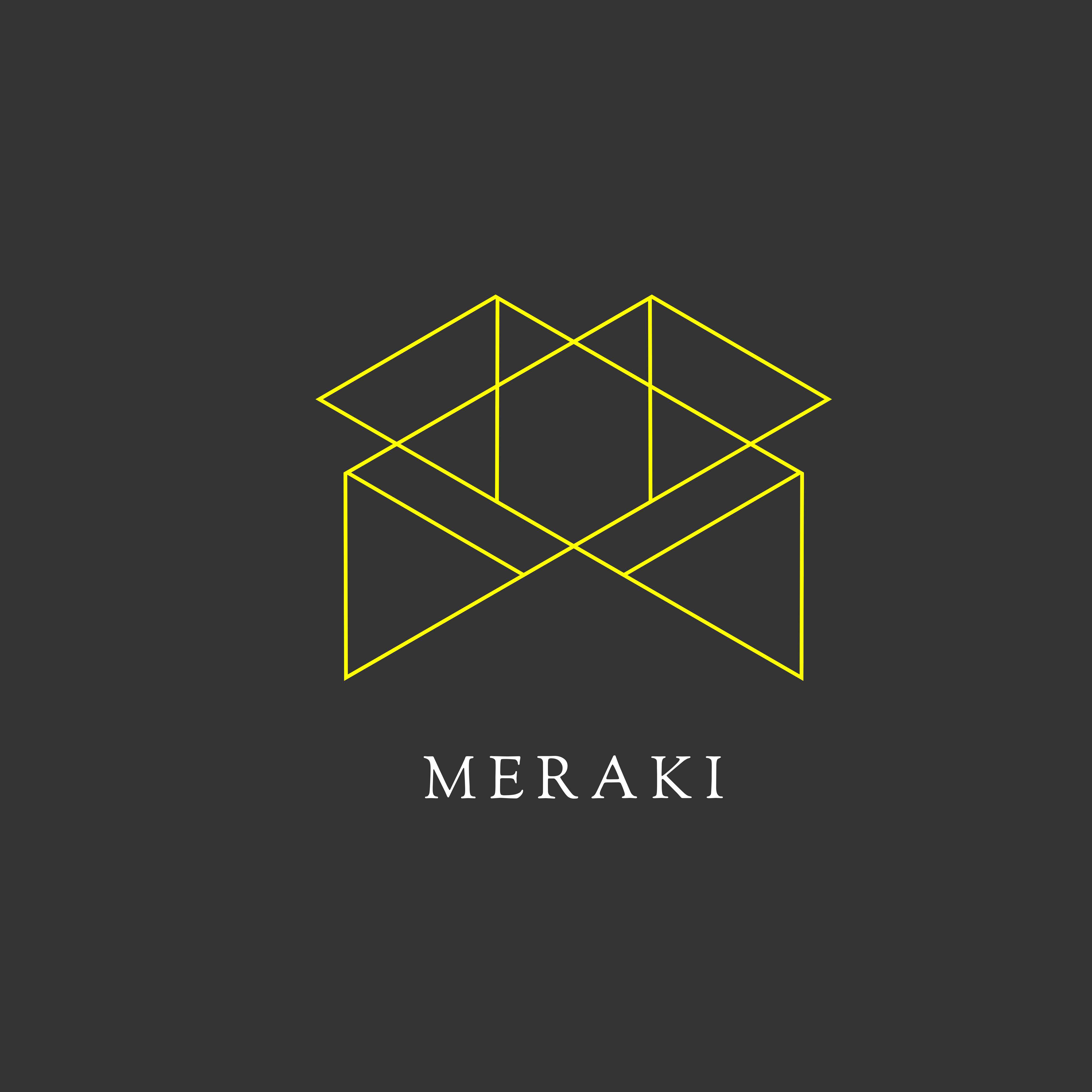Content

You can ask your real estate agent or lawyer for recommendations, or you can search online for reports of escrow agents in your area. By this point, you should have a good idea of what escrow is, but what about the process behind it? The escrow amount generally ranges from between 1% to 3% of the total sale price, and is deposited into escrow after an offer is accepted by the seller. The neutral third party safely holds on to the funds until closing when the sale is finalized and the title is transferred over.
This type of escrow account is typically used for loans that have an adjustable rate. Many mortgage servicers require borrowers to set up an escrow account for their monthly payment. With a mortgage escrow account, the borrower will make their monthly mortgage payments into the account. Quicken Loans says that buyers who pay in cash, as well as people who have paid off their mortgage loan, can still benefit from an escrow account with the financial institution of their choice. When there is no mortgage payment (no repayment of money loaned), many people still find it easier to pay taxes and insurance throughout the year through an escrow account.
When do you need an escrow account?
Occasionally, the seller is not willing or able to make the needed repairs or comply with all the contingencies in the signed contract. In this case, the seller is out of compliance, that is, not meeting their obligations, and if the buyer no longer wants the house, the earnest money is returned. However, there’s no rule that states that the lender must manage the escrow account. The account can be managed by any trustworthy third party who is willing to handle the management of the funds. Under most mortgage servicers, individuals can’t control their own escrow account or directly remove funds from the account.

Bill Gassett is a nationally recognized Real Estate leader who has been helping people move in and out of the Metrowest Massachusetts area for the past thirty-seven plus years. Bill has expertise in mortgages, financing, moving, home improvement, and general real estate. He has been one of the top RE/MAX Realtors in New England for the past two decades. Even if there isn’t enough money in your account, you don’t have to worry as it will be covered (though you will have to make this up later).
How monthly escrow payments work
Your real estate agent and title company will be there to walk you through every step of the process and help make your experience as smooth as possible. An Escrow is an arrangement for a third party to hold the assets of a transaction temporarily. The assets are kept in a third-party account and are only released when all terms of the agreement have been met. The use of an escrow account in a transaction adds a degree of safety for both parties.
Once the real estate transaction closes and you sign all the necessary paperwork and mortgage documents, the escrow company releases the earnest money. Usually, buyers get the money back and apply it to their down payment and mortgage closing costs. Escrow can also refer to an escrow account that https://www.bookstime.com/articles/capital-lease-vs-operating-lease is set up at the time of mortgage closing. In this instance, the escrow account contains future homeowners insurance and property tax payments. An escrow account for paying property tax and homeowners insurance is generally required by lenders who originate VA, FHA and conventional loans.
Manage Your Mortgage
Buyers send their payments to the escrow service, which holds the money until the product is received. The conditions usually involve receiving an appraisal, title search and approved financing. An account will only cover ongoing property taxes and real estate escrow definition homeowner’s insurance. If you find yourself with a one-time tax bill thanks to the change in ownership or new construction, it isn’t going to come out of the escrows. In this type of transaction, you will make a deposit into an escrow account.
Your lender will calculate what extra money will be needed for property taxes and for your homeowners insurance. This gets added to your base monthly payment, and each month, this extra amount is deposited into your escrow account. Essentially, you’re paying a little more each month to cover these payments, rather than making huge payments once or twice a year.
